AS KNOWLEDGE RECIPIENT (DEMAND)
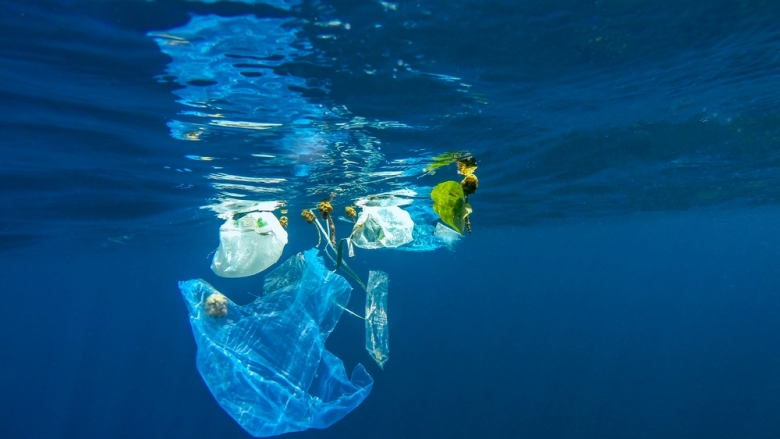
Working Regionally to Combat Plastic Pollution
From transport to health, food to construction and textiles, plastics are among the most abundant materials in our economy. Globally, the plastic industry is valued at USD 600 billion and provides employment to millions of people worldwide.
Providing country: Brunei Darussalam, Cambodia, Indonesia, Lao People's Democratic Republic, Malaysia, Philippines, Singapore, Thailand, Vietnam, Bangladesh, Bhutan, India, Maldives, Nepal, Pakistan, Sri Lanka, Benin, Cabo Verde, Cote d'Ivoire, Gambia, The, Ghana, Guinea, Guinea-Bissau, Liberia, Mauritania, Nigeria, Sao Tome and Principe, Senegal, Sierra Leone, Togo
Receiving country: Brunei Darussalam, Cambodia, Indonesia, Lao People's Democratic Republic, Malaysia, Philippines, Singapore, Thailand, Vietnam, Bangladesh, Bhutan, India, Maldives, Nepal, Pakistan, Sri Lanka, Benin, Cabo Verde, Cote d'Ivoire, Gambia, The, Ghana, Guinea, Guinea-Bissau, Liberia, Mauritania, Nigeria, Sao Tome and Principe, Senegal, Sierra Leone, Togo

Enhancing regional knowledge on effective participatory development models to address Fragility, Conflict and Violence risks in West and Central Africa
Building on previous knowledge-exchange initiatives at the World Bank, this platform aimed to: (i) consolidate operational knowledge on participatory local development and service delivery in Fragile, Conflict and Violence (FCV) contexts in the region; (ii) support the sharing of this knowledge between neighboring countries wit
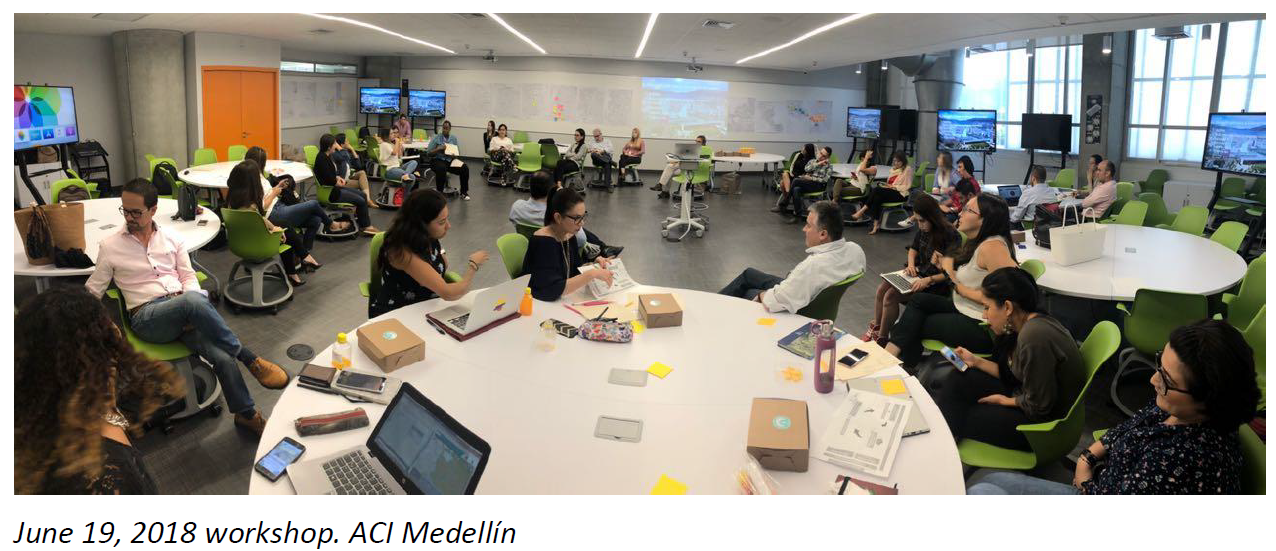
Peer Learning on Integrated Urban Transformation
Rapid urbanization has the potential to improve the well-being of societies. If managed prudently, it can transform the development course of economies.
Receiving country: China, Congo, Democratic Republic of, Indonesia, Kenya, Senegal, South Africa, Tanzania, Vietnam
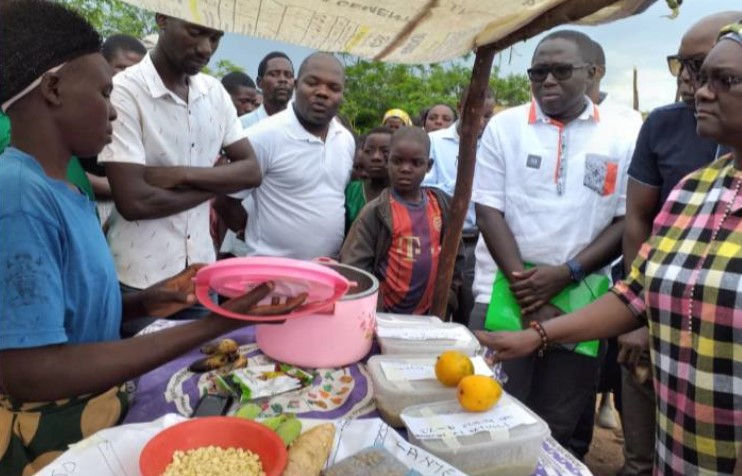
Multisectoral Community Mobilization for Stunting Reduction
After close to 15 years of relatively successful nutrition policy development and programming, Senegal is at a crossroad to renew the policy and programming environment that will help the country deal with the more deep-rooted problems of malnutrition.
Providing country: Malawi
Receiving country: Senegal
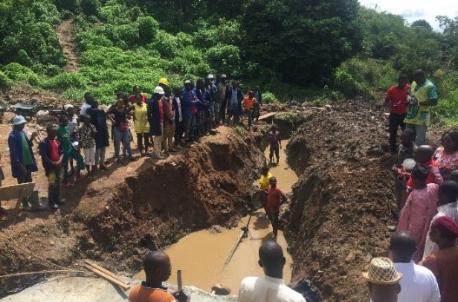
Participatory Local Development and Service Delivery in Francophone Africa
The Governments of Cameroon, Guinea and Senegal (“the Governments”) have been pursuing a strategy of decentralization in tackling challenges of poverty, weak institutional capacity, and fragility.
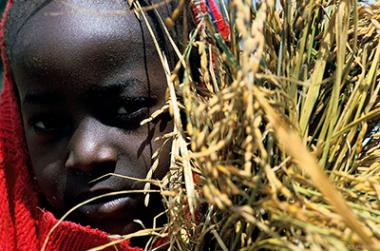
Strengthening nutrition programs in West African countries
The Governments of Senegal, Ghana, and the Gambia sought to strengthen their capacity to reduce rates of malnutrition. Through a series of peer reviews in nutrition, officials from these countries identified new directions for reform, and enhanced their skills and commitment to design nutrition programs.
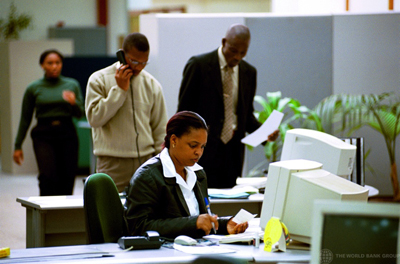
Enhancing Capacity to Build ICT-sector Skills in Africa
Growth in the Information Technology and Business Process Outsourcing sector (IT-BPO) can transform a country’s economy and improve the lives of its citizens. No country is a better example than India, which has achieved phenomenal growth in this sector.
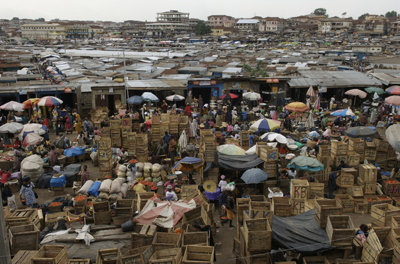
Developing Special Economic Zones (SEZs) and Industrial Clusters in Africa
After learning about the success of East Asian countries in developing their economies and attracting Foreign Direct Investment (FDI) through Special Economic Zones (SEZ), many African governments wanted to use the same strategy to improve their economic performance.
Receiving country: Ghana, Nigeria, Liberia, Uganda, Zambia, Mozambique, Mauritius, Lesotho, Senegal, Gambia, The
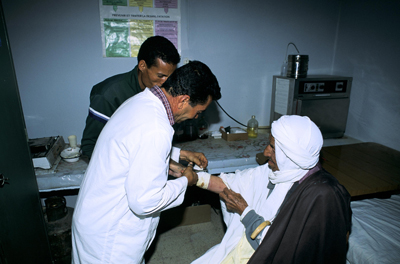
Building Knowledge to Reform Hospital Management in Senegal
Reforms granting autonomy to Senegalese hospitals in 2002 did not lead to improvements in hospital performance or financial management.
Receiving country: Senegal

 China
China Colombia
Colombia Denmark
Denmark India
India Indonesia
Indonesia Mexico
Mexico Russian Federation
Russian Federation Spain
Spain United Kingdom
United Kingdom